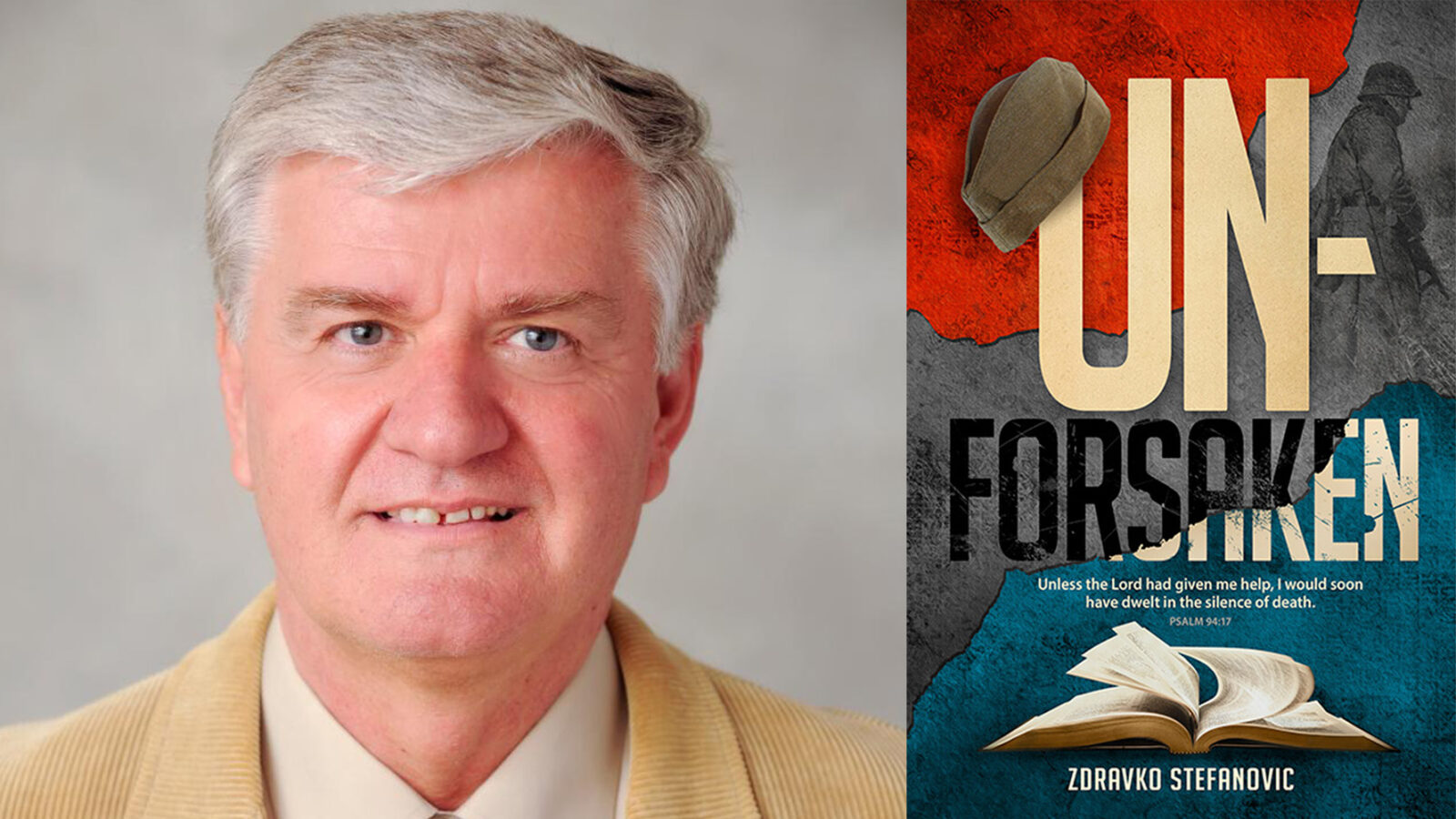Zdravko Stefanovic talks about Bible and family stories
Dr Zdravko Stefanovic is Professor of Religion at AdventHealth University Florida, specialising in biblical languages and interpretation. He spoke recently about his work and books.
What are the highlights of your role as a professor at AdventHealth University?
My students. They come from a spectrum of religious upbringings and there are some who have not been exposed to religion at all. The stories of the Bible fascinate them and stir their imagination to dedicate their lives to something bigger than themselves. Thus, they choose to follow their calling to extend the healing ministry of Christ.
What unique perspectives has your study of biblical languages and their interpretation given you about your faith?
I firmly believe that when we read and study the Bible, education cannot be a substitute for prayer, but the Holy Spirit can use our knowledge to help us gain new insights. Studying the Bible in its original languages can help to slow us down in our reading of the sacred passages. This allows the Holy Spirit to open new vistas to us. Some people call this a prayerful reading of the Bible.
How might your commentary help those who are studying Daniel—a book with special significance to Adventists?
While “the Bible is its own interpreter” and Jesus Christ is the best Interpreter of the words He inspired, commentaries help shed light on the sacred texts. My commentary explains the meaning of the original text, then explores some timeless and timely messages of this important book. Finally, it proposes ways in which those messages can be applied in the world, church and our daily lives.
What led you to write your father’s story in Unforsaken?
My father’s childhood was scarred by an alcoholic mother and a youth cut short by the ravages of World War II. But when he realised that God loved him, everything began to change for the better—not just for him but also for his family. I wholeheartedly feel that I owe so much to the God of my parents, the One who touched their hearts and brought them close to Himself.
Is there a part of his journey that is particularly meaningful to you?
Following God’s way and remaining faithful to the principles of the Bible was not easy for my parents. Rejection and even persecution tested their decision to put God first in their lives. When a religious leader mocked my father by saying that he had betrayed his ethnicity by “changing his holy orthodox faith,” my father responded: “I did not change my faith. My faith has changed me!”
What has it meant to you to grow up in a family with such a rich heritage of faith?
To grow up in a family where the Bible was read and revered and the Saviour loved and worshipped was the greatest blessing that Lord gave me and my family. I like to say that my father did not simply read the Bible, the sacred passages were his daily food. And from my mother I learned to pray in earnest day by day and to fix my eyes on the one and only Saviour.
What do you hope people take away from your father’s story?
Each person we meet in this world has his or her own story to tell. Each story contributes to a more complete picture of what God is like. The greatest argument for God’s existence and love might not be scientific or historical evidence, but rather of moral character—when we discover that life can have a purpose despite all the brokenness around us. The love of God that my father felt in his heart was the rock-solid argument on which his faith was planted. At a critical point in my own life, I too decided to embrace that life-saving commitment. I hope others will too.
Unforsaken is available from Adventist bookshops in Australia and New Zealand, or online.






